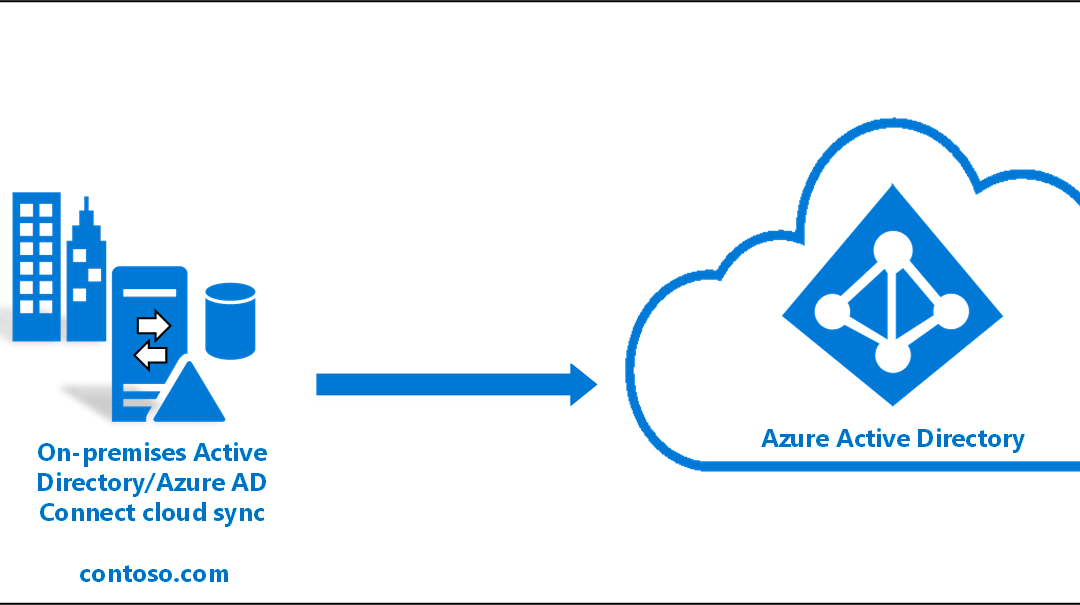Microsoft Azure Active Directory (AD) is a cloud-based identity and access management solution offered by Microsoft. It is designed to provide a secure, scalable, and cost-effective way to manage user identities, control access to resources, and simplify administration of applications and services.
Pros of Microsoft Azure AD:
- Scalability: Microsoft Azure AD can be easily scaled up or down to accommodate the changing needs of an organization. This makes it an ideal solution for businesses of all sizes.
- Integration with Other Microsoft Services: Microsoft Azure AD integrates seamlessly with other Microsoft services such as Microsoft Office 365, SharePoint, and Microsoft Dynamics CRM. This makes it easier for organizations to manage their identities and access across multiple applications and services.
- Cost-effective: Microsoft Azure AD is a cost-effective solution for organizations, as it eliminates the need for expensive on-premise hardware and software. It also provides cost savings by eliminating the need for dedicated IT staff to manage the solution.
- Simplified Administration: Microsoft Azure AD provides a single, unified console to manage user identities, permissions, and access to resources. This makes it easier for administrators to manage and maintain the security of their environment.
- Security: Microsoft Azure AD provides robust security features to protect against threats such as identity theft, hacking, and data breaches. It also supports multi-factor authentication to add an extra layer of security to the user sign-in process.
Cons of Microsoft Azure AD:
- Dependence on Internet Connection: Microsoft Azure AD relies on an internet connection to function. If an organization’s internet connection is unreliable or slow, it can affect the performance of the solution.
- Limited Customization: Microsoft Azure AD is a pre-packaged solution, and the level of customization is limited. Organizations may need to adjust their processes to align with the solution, which can be a challenge for some businesses.
- Learning Curve: Microsoft Azure AD may require some training and education for administrators and users to understand its features and functionality. This can be a challenge for organizations with limited IT resources.
- Limited Support for Legacy Systems: Microsoft Azure AD may not support legacy systems and applications, which can make it difficult for organizations to integrate with their existing infrastructure.
In conclusion, Microsoft Azure AD is a robust, scalable, and cost-effective solution for managing user identities and access to resources. However, like any solution, it has its pros and cons. Organizations need to carefully consider their specific requirements and assess if Microsoft Azure AD is the right solution for their needs.
JarvieTech
Contact us for any IT support you may need. If we are not able to solve your issue, we will put you in touch with someone who can.

